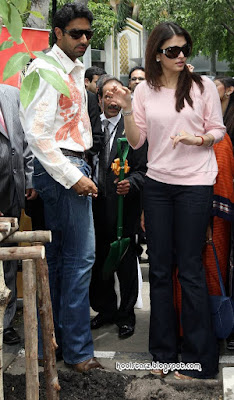from Critical Noir @ Vibe.com
This is the third in a series Black Music Month Playlists that will explore common themes explored in the Soul Music Tradition.
***
In 1984, Stacy Lattisaw recorded "Perfect Combination" with Johnny Gill. Lattisaw was a teen sensation recordings hits like a remake of The Moments' "Love on a Two Way Street" and "Let Me Be Your Angel." Atlantic hoped to capitalize on her success in order to break a teen-aged Boston vocalist by the name of Johnny Gill. It would still be years before Gill's body would catch up to his grown man vocals and eventually an audience that appreciated his talents. But "Perfect Combination" was an earnest attempt to capture that Marvin Gaye and Tammi Terrell magic. When Lattisaw was on the downside of her career and Gill's star was finally on the rise (courtesy of his spin with New Edition) the two collaborated again on "Where Do We Go from Here?" The songs with Lattisaw and Gill are a reminder of other great Soul and R&B duets, like these below.
"Ain't No Mountain High Enough"--Marvin Gaye & Tammi Terrell
"Ain't No Mountain High Enough" borders on being cliché, as it is so often referenced as the quintessential Soul duet. True there's an innocence and sexiness that's palpable in this classic pairing of Marvin Gaye and Tammi Terrell and Motown milked it for all they could releasing three album's worth of material by the duo including classics like "Ain't Nothing Like the Real Thing," "You're All I Need to Get By" and "Your Precious Love", the song that Terrell was signing when she collapsed in Gaye's arms at a concert in Virginia in 1967. Ironically, Gaye and Terrell weren't even in the studio together--Gaye added his vocals long after Terrell laid down hers. Yet the energy is real and for that we can thank the writers, Nick Ashford and Valerie Simpson, who gave Marvin and Tammi songs drawn from their own romance. Terrell died tragically in 1970 of a brain tumor.
"Ain't Understanding Mellow"--Jerry Butler & Brenda Lee Eager
Jerry Butler had been in the music business for nearly 15 years and was on the third stage of a career that began as the lead vocalist of The Impressions (with Curtis Mayfield). Butler was on the downside of the most popular point of a career that was largely resuscitated courtesy of Leon Huff and Kenny Gamble (a few years before PIR) when he teamed with Brenda Lee Eager for the ultimate breakup song "Ain't Understanding Mellow." This was serious grown folk music about a man showing appreciation for a partner, who was honest enough to admit to her love for another man. In turn she shows appreciation for him understanding her situation. This ultimately a song about a couple who were grounded in friendship, even as the romantic relationship starts to sour. And yeah, what's the deal with that title?
Read the full playlist @



.jpg)
.jpg)
.jpg)

.jpg)
.jpg)
.jpg)
.jpg)
.jpg)
.jpg)

.jpg)
.jpg)
.jpg)
.jpg)







.jpg)
.jpg)
.jpg)
.jpg)
.jpg)

.jpg)
.jpg)
.jpg)
.jpg)
.jpg)
.jpg)
.jpg)
.jpg)

.jpg)
.jpg)
.jpg)
.jpg)
.jpg)
.jpg)


.jpg)
.jpg)
.jpg)
.jpg)
.jpg)
.jpg)